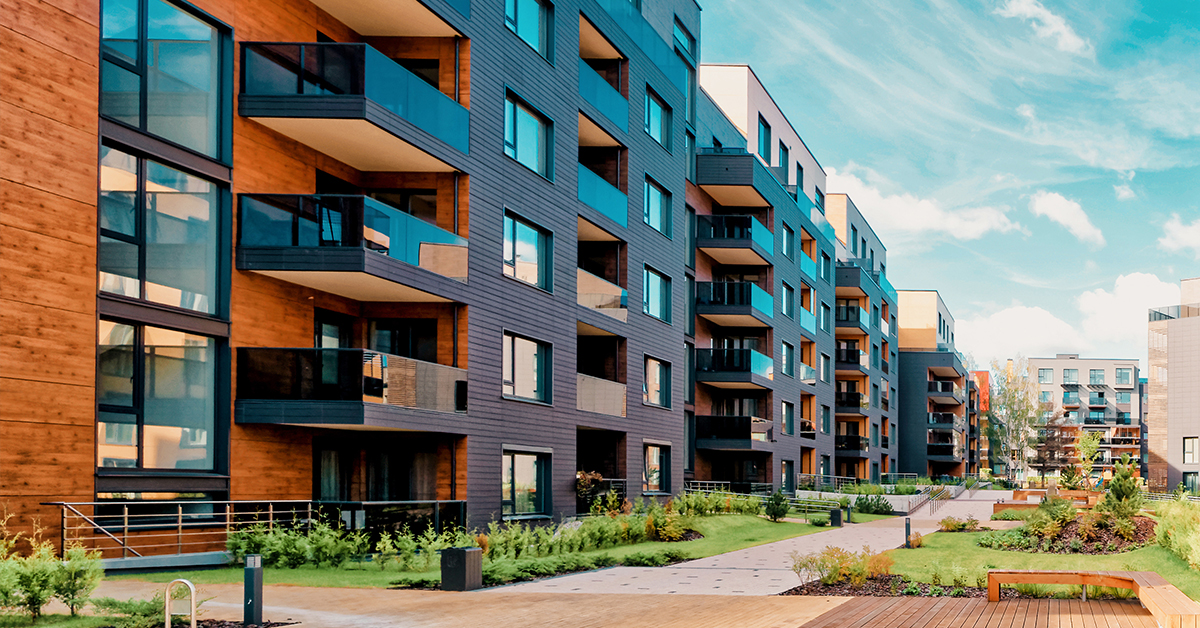Discovering the Duties of HOA Condo Citizens
Discovering the Duties of HOA Condo Citizens
Blog Article
The Function of an HOA in Developing and Enforcing Area Standards for Homeowners
The function of a Homeowners Organization (HOA) in applying and establishing area guidelines is essential to preserving a orderly and natural property environment - hoa condo. By developing clear guidelines that control elements such as residential property maintenance and neighborhood conduct, the HOA not just sets criteria for homeowners however also promotes a sense of belonging and accountability. Nevertheless, the application of these guidelines can offer numerous difficulties, questioning concerning community, interaction, and justness interaction. As we explore these intricacies, it comes to be apparent that the effect of an HOA expands much beyond mere regulation enforcement.
Comprehending Home Owners Organizations
Homeowners organizations (HOAs) serve as controling bodies for household neighborhoods, playing a critical role in preserving residential or commercial property worths and fostering a feeling of area. Typically created by programmers, HOAs are composed of home owners within a designated area who choose a board to supervise the association's activities. The key features of an HOA consist of enforcing community guidelines, taking care of typical areas, and organizing area events.
HOAs operate under a collection of regulating papers, including commitments, restrictions, and problems (CC&R s), which detail the civil liberties and responsibilities of house owners. These regulations intend to make sure that properties are maintained to a specific requirement, consequently safeguarding the aesthetic charm and overall worth of the neighborhood. Additionally, HOAs often accumulate dues from homeowners to money maintenance, landscaping, and other social work.
The presence of an HOA can significantly influence the living experience within a neighborhood (hoa condo). While some citizens value the organized atmosphere and facilities supplied, others might locate specific laws limiting. Stabilizing the passions of all house owners is essential for an HOA to operate efficiently, guaranteeing that it serves its intended purpose of enhancing area living while valuing specific home owner legal rights
Establishing Area Guidelines

To begin, an HOA ought to perform studies or hold meetings that allow homeowners to articulate their pointers and concerns. This participatory process fosters a sense of ownership and raises compliance. Next, the HOA board must analyze the feedback to identify typical styles and top priorities that warrant formal inclusion in the guidelines.
It is likewise necessary to ensure that the guidelines are clear, concise, and conveniently understood. Uncertainties can cause misconceptions and disputes, threatening the purpose of the guidelines. The guidelines ought to be detailed, covering different elements of neighborhood living, consisting of residential property maintenance, sound levels, and use of usual locations.
Enforcement of Guidelines
Reliable enforcement of area guidelines is crucial for preserving order and making certain that all homeowners abide by the established standards. An HOA needs to carry out a structured strategy to apply these regulations, which typically includes a combination of surveillance, interaction, and fines for non-compliance.
First, normal evaluations and neighborhood patrols can help determine violations, guaranteeing that regulations are continually used throughout the area. This aggressive surveillance allows the HOA to address problems before they escalate, fostering a feeling of responsibility among citizens.
Second, clear interaction is essential. Homeowners should be notified of the regulations and the procedures for reporting violations. An open line of interaction urges citizens to voice problems and look for clarification on standards, which can enhance conformity.

Finally, when offenses happen, the HOA has to apply consequences as outlined in the governing papers. This might consist of cautioning letters, fines, or, in extreme situations, lawsuit. It is crucial that fines are applied relatively and constantly to preserve count on within the area. By efficiently imposing policies, an HOA can grow a harmonious living atmosphere that shows the collective worths of its residents.
Advantages of HOA Regulations
Numerous advantages emerge from the implementation of HOA laws, which serve to enhance the lifestyle within an area. One main advantage is the maintenance of residential property values. By imposing standards for appearances and upkeep, HOAs make certain that homes and typical areas stay attractive, cultivating a preferable living setting that can cause boosted residential property worths gradually.
Furthermore, HOA laws promote consistency and harmony within the area. This comprehensibility in layout and maintenance aids to create a sense of belonging among locals, adding to community pride and a favorable atmosphere. Established standards promote conflict resolution among neighbors by providing clear expectations and methods for behavior, thereby lessening disagreements.
One more considerable advantage is the stipulation of common services and services. Numerous HOAs manage neighborhood centers such as swimming pools, clubs, and parks, which boost entertainment chances for homeowners. These amenities not only improve the lifestyle yet likewise motivate social communication.
Inevitably, the policies set forth by an HOA cultivate a well-organized, harmonious neighborhood, guaranteeing that locals take index pleasure in a high requirement of living while promoting an encouraging atmosphere for all homeowners.
Typical Challenges Faced by HOAs
In the middle of the benefits that property owners associations (HOAs) can provide, they additionally run into a variety of obstacles that can hinder their performance. One considerable concern is the lack of resident engagement. Many house owners may not take part in meetings or check that community activities, resulting in a disconnect in between the HOA board and locals. This disengagement can cause misunderstandings concerning neighborhood guidelines and a lack of assistance for enforcement efforts.
Conflicts can occur when citizens feel that enforcement is inconsistent or biased, potentially leading to conflicts within the neighborhood. Furthermore, HOAs usually deal with monetary restraints, which can restrict their ability to maintain typical areas or fund community projects.
Moreover, browsing legal complexities can be daunting for HOAs. Altering demographics and developing community needs need HOAs to adapt their standards, typically fulfilling resistance from long-standing residents who are accustomed to standard norms.
Verdict

By formulating clear guidelines that regulate aspects such as residential property maintenance and community conduct, the HOA not just sets criteria for locals but likewise cultivates a sense of belonging and liability.Homeowners associations (HOAs) serve as governing bodies for domestic areas, playing an important duty in maintaining home values and fostering a sense of community. Several house owners might not take part in meetings or area activities, leading to a disconnect in between the HOA board and residents. Developing and transforming demographics community needs require HOAs to adapt their standards, usually satisfying resistance from enduring homeowners that are accustomed to traditional norms. Via the development of clear regulations and consistent enforcement, HOAs promote residential property maintenance, area satisfaction, and count on amongst locals.
Report this page